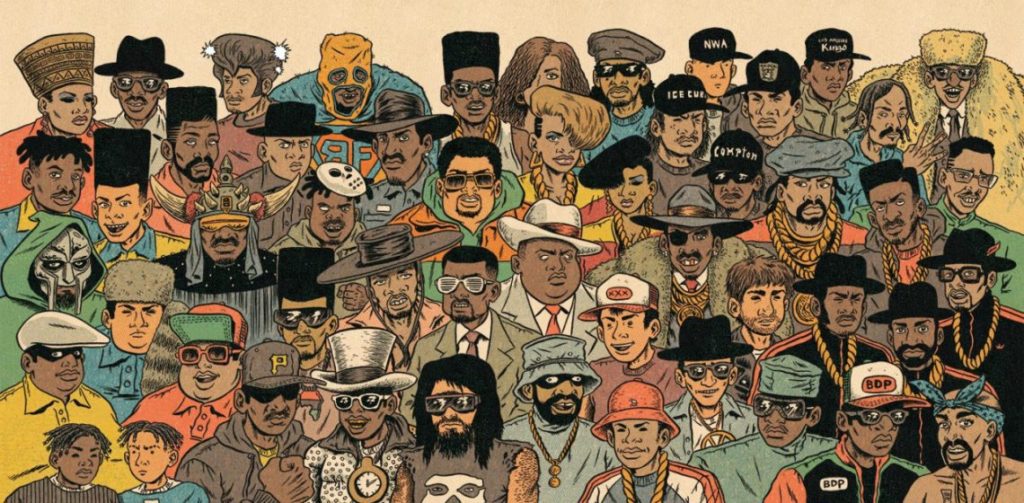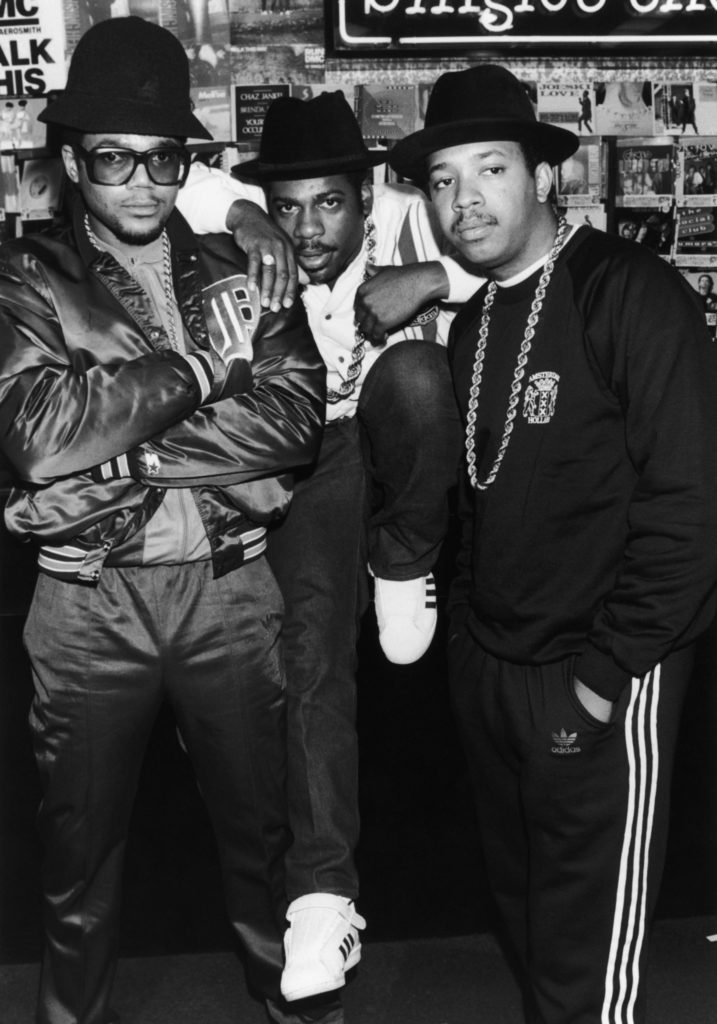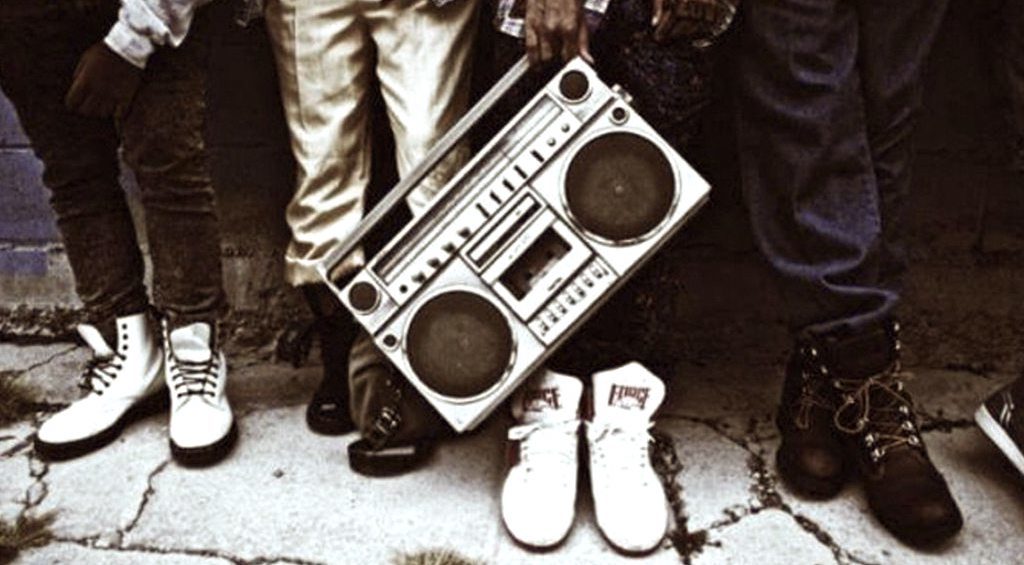Hip-Hop and It Don't STOP

Hip Hop (1970s) was used as a means of freedom of speech for the black community. In rap songs, it was typical to hear stories about poverty, police brutality, and racial discrimination; topics that were common in the black community at the time. As a means of oppression, police would often prohibit black rap artists like NWA and 2 Live Crew from performing certain songs claiming that the songs invoked public disorder. Rappers like Slick Rick, Boogie Down Productions’ KRS-One and Kane’s fellow Juice Crew alum Kool G Rap were important in paving the way for what hip hop culture looked like in the 80’s and the years to come.
Elements:
- Musical Depth
- DJing
- Breakdance
- Graffiti
- Lyrical Content

Common 80s Hip-Hop Artists
Big Daddy Kane, De La Soul, LL Cool J, Run DMC, Fat Boys, Slick Rick, Doug-E-Fresh, etc.


